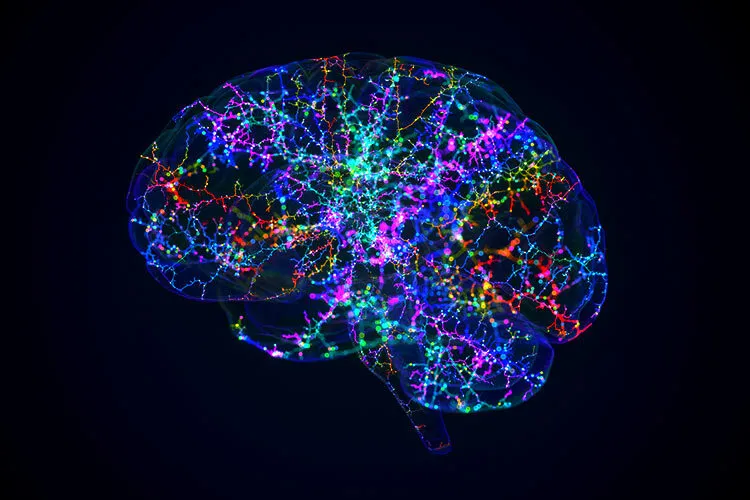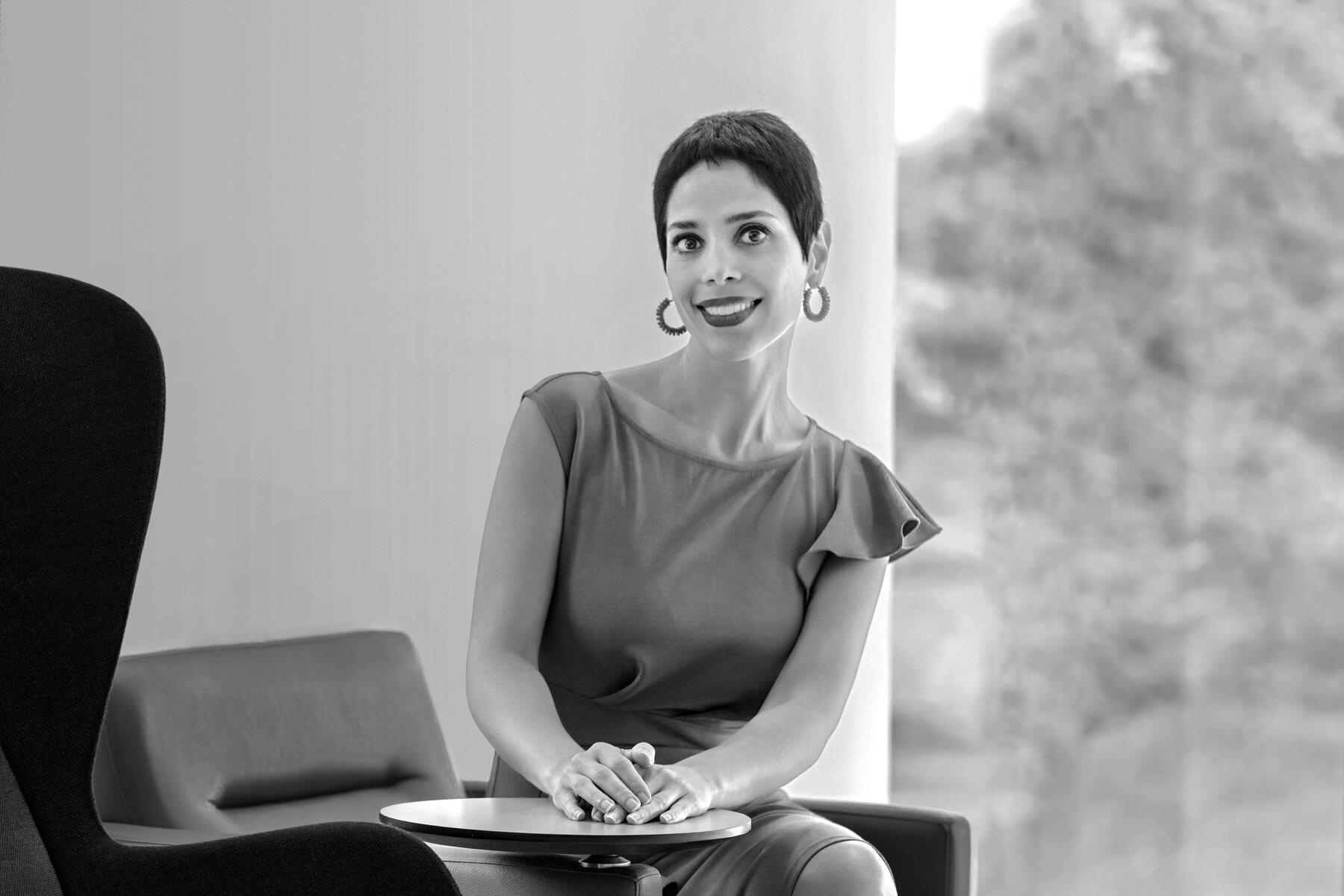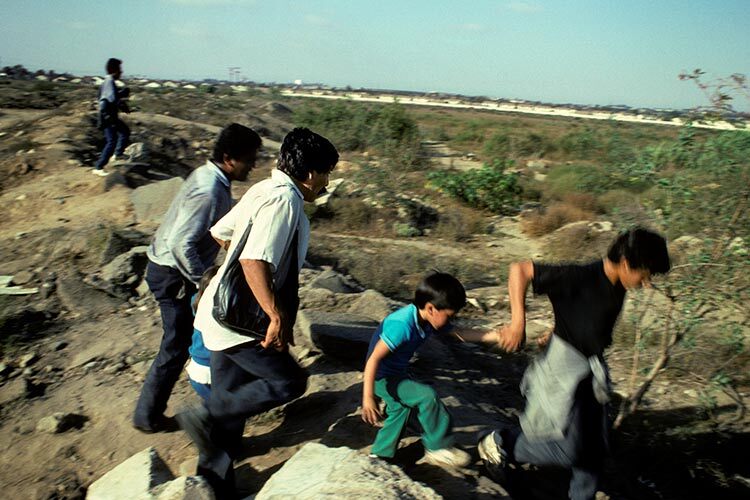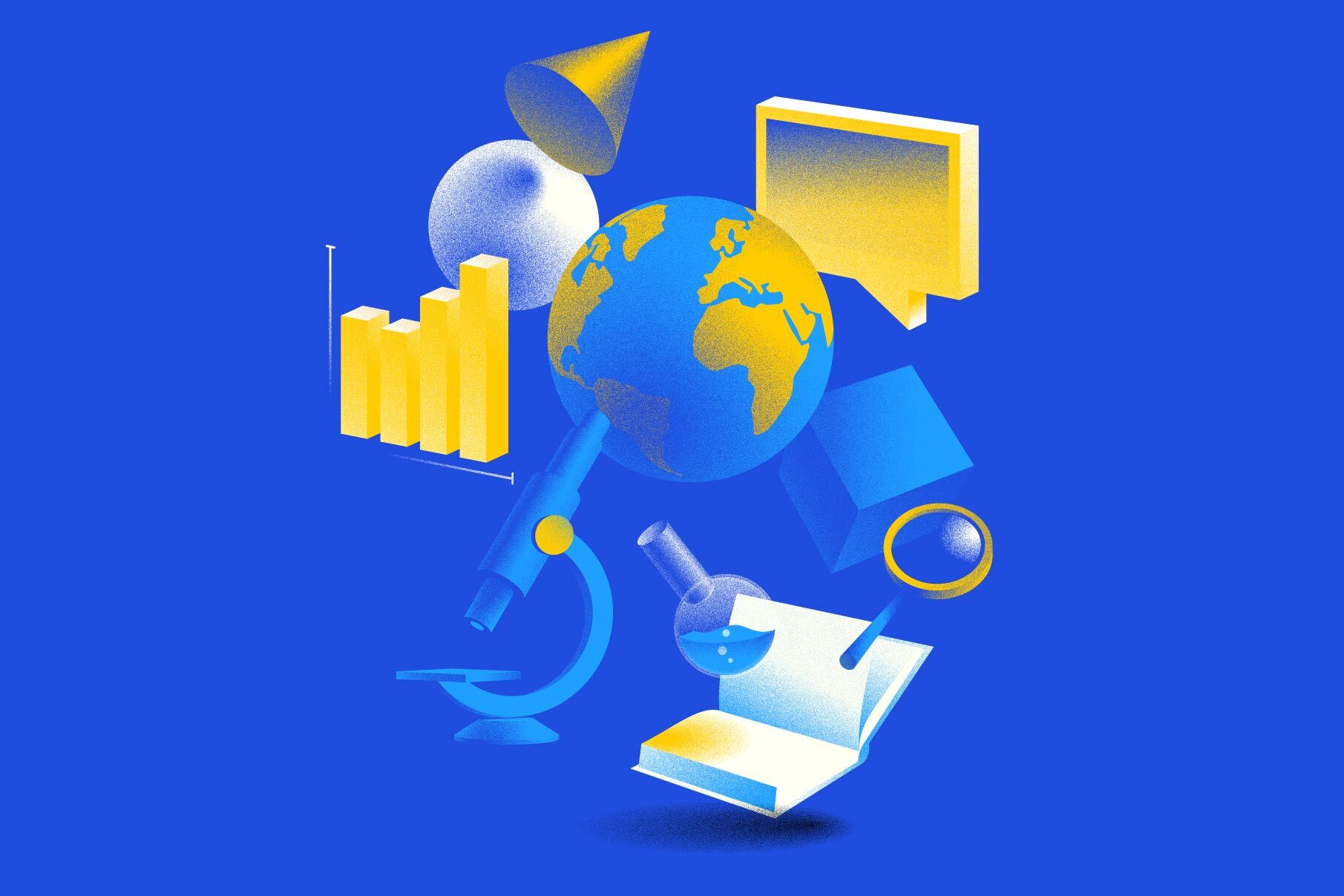The ability to solve problems or make sound, well-reasoned decisions is a tool that all professionals need for their personal development, which is why universities all over the world teach complex thinking.
“What modern industry demands of universities is that their graduates possess skills that an artificial intelligence algorithm cannot provide. Complex thinking can help with that,” says José Carlos Vázquez Parra, professor at the School of Humanities and Education and researcher at the Institute for the Future of Education (IFE) in an interview with TecScience.
In research published last April entitled Social Entrepreneurship, Complex Thinking, and Entrepreneurial Self-Efficacy: Correlational Study in a Sample of Mexican Students, Vázquez Parra and a group of researchers looked into the relationship between developing social entrepreneurship projects, the development of complex thinking, and entrepreneurial self-efficacy in a group of students from different universities in Mexico.
“We found the three elements to be correlated: social entrepreneurs develop complex thinking and entrepreneurial self-efficacy on the march,” says the expert.
What is complex thinking and how can it be taught?
Complex thinking is the development of cognitive skills that make it possible to interrelate different aspects of reality to deal with real-life problems and situations, which are often more complex than those posed in the classroom.
In general, this involves the ability to integrate the abstract or complex information involved in other sub-skills or skills such as creative thinking, critical thinking, scientific thinking, reasoning, concept development, conflict resolution, and moral and ethical analysis.
“Complex thinking plays a part in any educational practice in which students have to make rational choices, take complex decisions, and solve problems or challenges,” explains Vázquez Parra.
For him and his fellow researchers, it was important to understand whether there were any processes in other disciplines that might trigger this way of thinking. So, they took a close look at students working on social entrepreneurship proposals to find out if there were.
Social entrepreneurship seeks to solve social or human problems in an innovative, sustainable manner. According to the expert, students engrossed in the process of coming up with new ideas for a project also develop other important skills.
These skills include entrepreneurial self-efficacy, which allows students to integrate the cognitive and attitudinal skills they need to assess the likelihood of their social entrepreneurship project being successful, despite the natural uncertainty of the environment.
It has to do with whether they believe their project is going to be viable and successful,” says Vázquez Parra. This skill is crucial for taking on the real world and being able to put forward opposite solutions.
A pilot study to foment complex thinking
The research team comprising Vázquez Parra, Patricia Alonso, Paloma Suárez, and Martina Carlos from the IFE, alongside Marco Cruz from the Center for the Future of Cities, implemented an online methodology to test the relationship between these three elements.
This consisted of three phases: initial diagnosis, formative activities, and closing evaluation. At the initial diagnosis stage, question-based measurement instruments were used to assess whether students already possessed social entrepreneurship, complex thinking, and entrepreneurial self-efficacy skills without having been taught anything.
At the formative activity stage, students were asked to devise, develop, and prototype a social entrepreneurship project. At the closing evaluation stage, the same measurement instruments were used to determine whether these three competencies had changed as a result of training.
“What we discovered was that these three skills are interrelated and drive one another,” explains Vázquez Parra.
Complex thinking for the future of education
Vázquez Parra and the researchers who participated in the study belong to R4C-IRC, an interdisciplinary research group that seeks to scale complex thinking in undergraduate and graduate students.
Its vision is to contribute to the future of education to adapt it to the changing world in which we live and empower individuals who contribute to the improvement of human societies and sustainable development.
“We want to take our knowledge of complex thinking and the tools needed to face the future a little beyond the established limit,” concludes Vázquez Parra.















